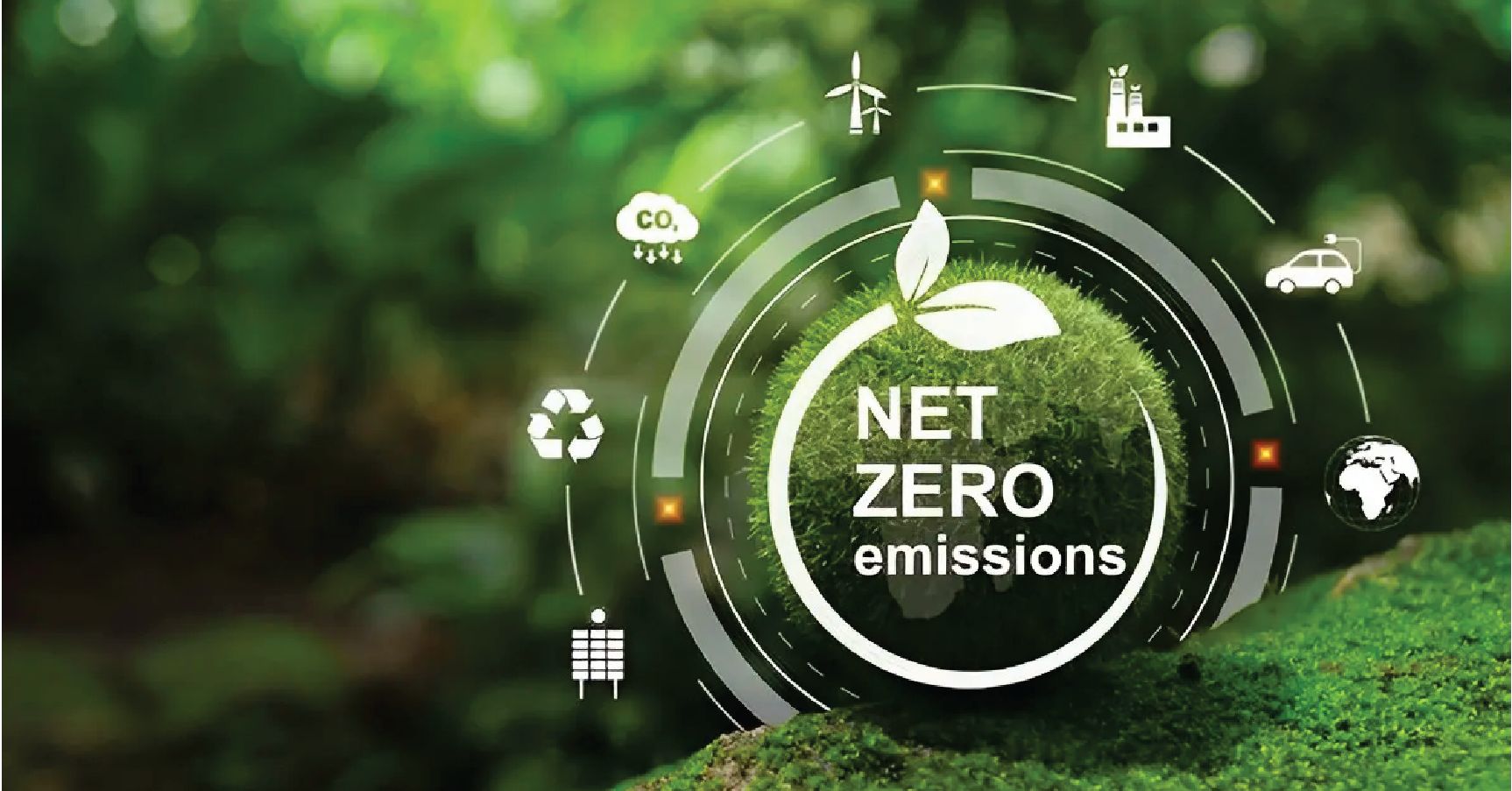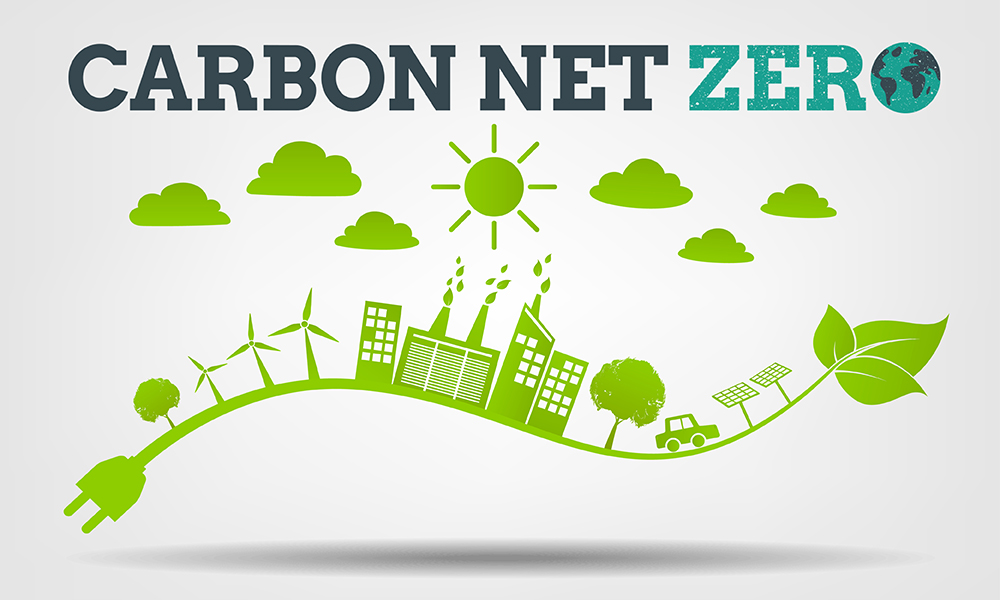Vietnam has demonstrated a strong commitment to combating climate change by setting a target to achieve net-zero carbon emissions by 2050. This ambitious goal underscores the nation’s dedication to sustainable development and its proactive approach to environmental stewardship.

Understanding Net-Zero Emissions
Net-zero emissions refer to the balance between the amount of greenhouse gases emitted into the atmosphere and the amount removed or offset. Achieving net-zero means that any carbon emissions produced are counterbalanced by equivalent carbon removal efforts, resulting in no net increase in atmospheric greenhouse gases. This concept is crucial in mitigating the adverse effects of climate change and is a central objective for countries worldwide.
Vietnam’s Roadmap to Net-Zero by 2050
To realize its net-zero target by 2050, Vietnam has outlined a comprehensive roadmap focusing on several key strategies:
- Transition to Renewable Energy: A significant shift towards renewable energy sources is planned, with a substantial increase in wind and solar power capacity. By 2050, the country aims to achieve approximately 150 GW of installed wind power capacity, predominantly offshore, and around 70 GW of solar power capacity. This transition is essential for reducing reliance on fossil fuels and lowering carbon emissions.
- Phasing Out Coal-Fired Power Plants: Vietnam intends to cease the use of coal-fired power plants after 2030. This move is critical in decreasing carbon emissions, as coal is a major source of greenhouse gases.
- Enhancing Energy Efficiency: Improving energy efficiency across various sectors, including industry, transportation, and construction, is a priority. Implementing energy-saving technologies and practices will contribute to reducing overall energy consumption and emissions.
- Afforestation and Reforestation: Expanding forest cover through afforestation and reforestation initiatives will enhance carbon sequestration, aiding in offsetting emissions and preserving biodiversity.
- Developing Sustainable Infrastructure: Investing in sustainable urban planning and green infrastructure will support low-carbon development and improve resilience to climate change impacts.
International Collaboration and Recommendations
Vietnam’s commitment to achieving net-zero emissions has garnered international attention, with various studies and recommendations provided to support this endeavor. International experts suggest that Vietnam should:

- Leverage International Support: Seek technical and financial assistance from international organizations and developed countries to facilitate the transition to a low-carbon economy.
- Implement Robust Policies: Establish and enforce policies that promote renewable energy adoption, energy efficiency, and emissions reduction across all sectors.
- Foster Public and Private Sector Engagement: Encourage collaboration between government agencies, private enterprises, and civil society to collectively work towards the net-zero target.
- Invest in Research and Development: Support innovation in clean technologies and sustainable practices to drive the transition towards a green economy.
Vietnam’s pledge to achieve net-zero emissions by 2050 reflects a significant commitment to addressing climate change and promoting sustainable development. By implementing a strategic roadmap that emphasizes renewable energy, energy efficiency, and international collaboration, Vietnam is poised to make substantial progress towards its environmental goals, contributing to global efforts in combating climate change.
